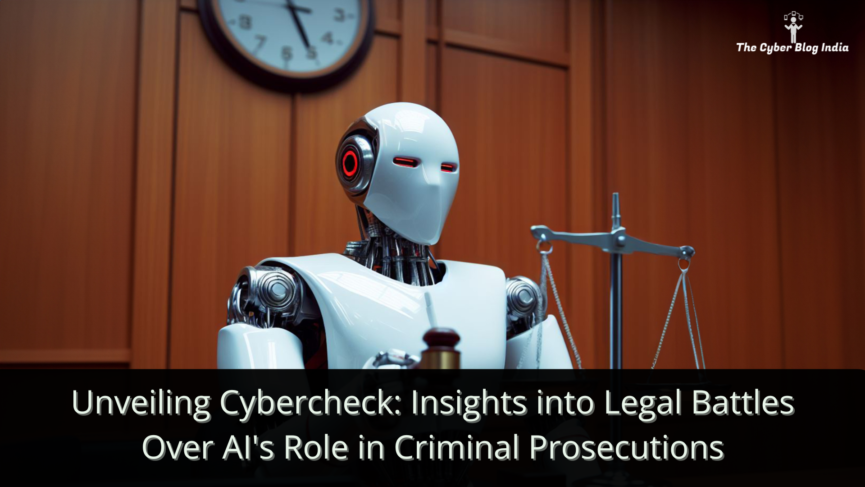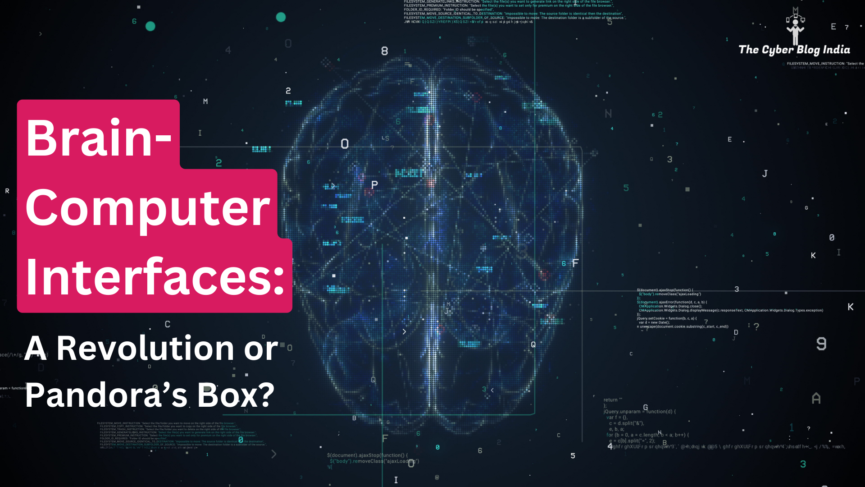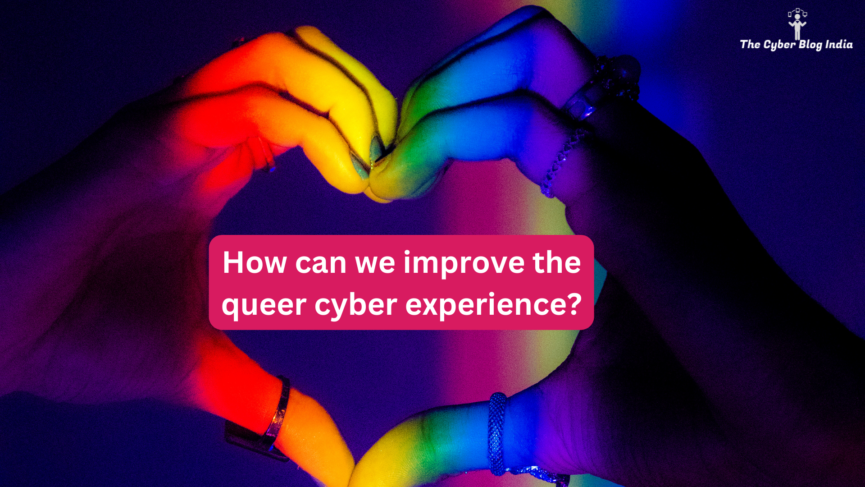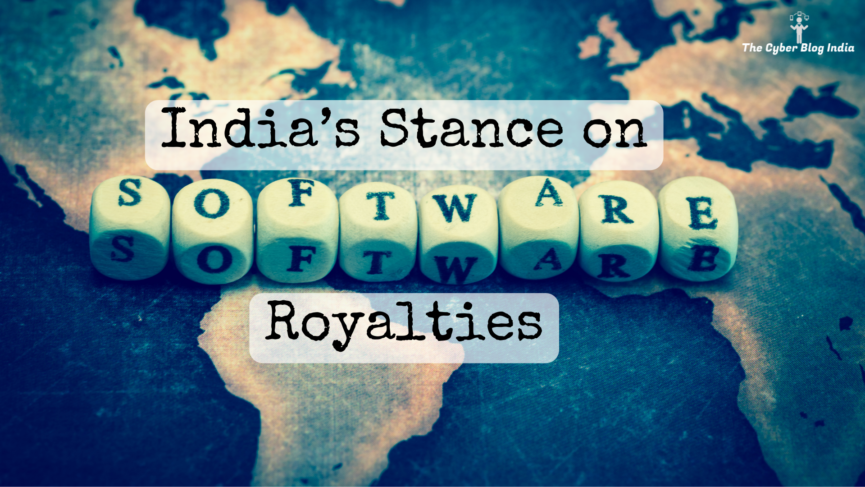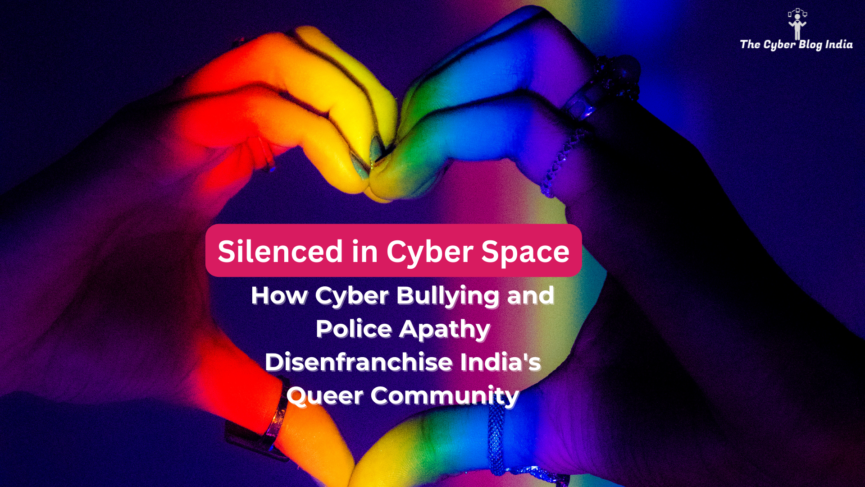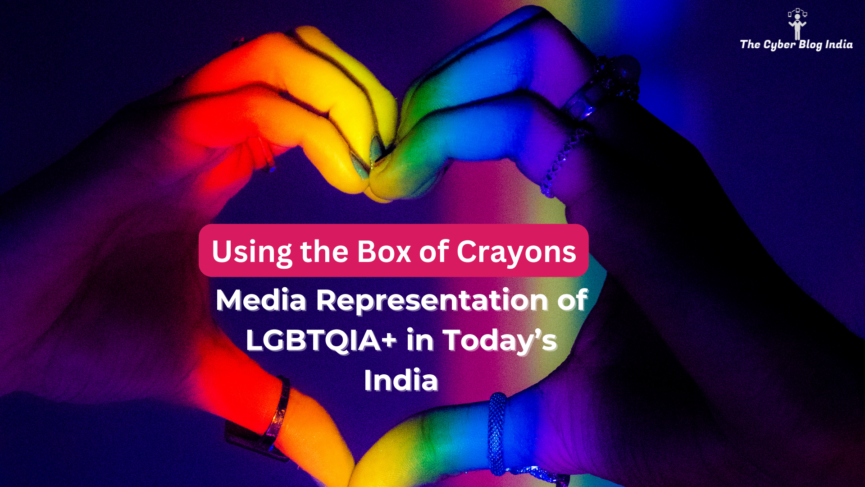Why the EU’s Digital Markets Act does not apply to Apple iMessage and Microsoft Bing?
The Digital Markets Act (DMA) (“Act”) is an attempt by the European Commission to support and strengthen the aim of previously existing competition laws. It targets fair play while fostering true competition and innovation in the digital era. The Act targets … Read More


